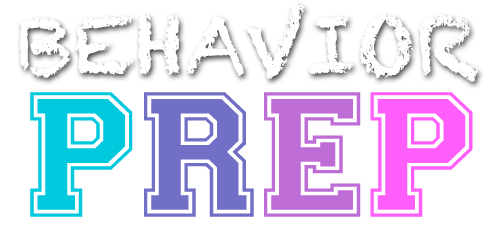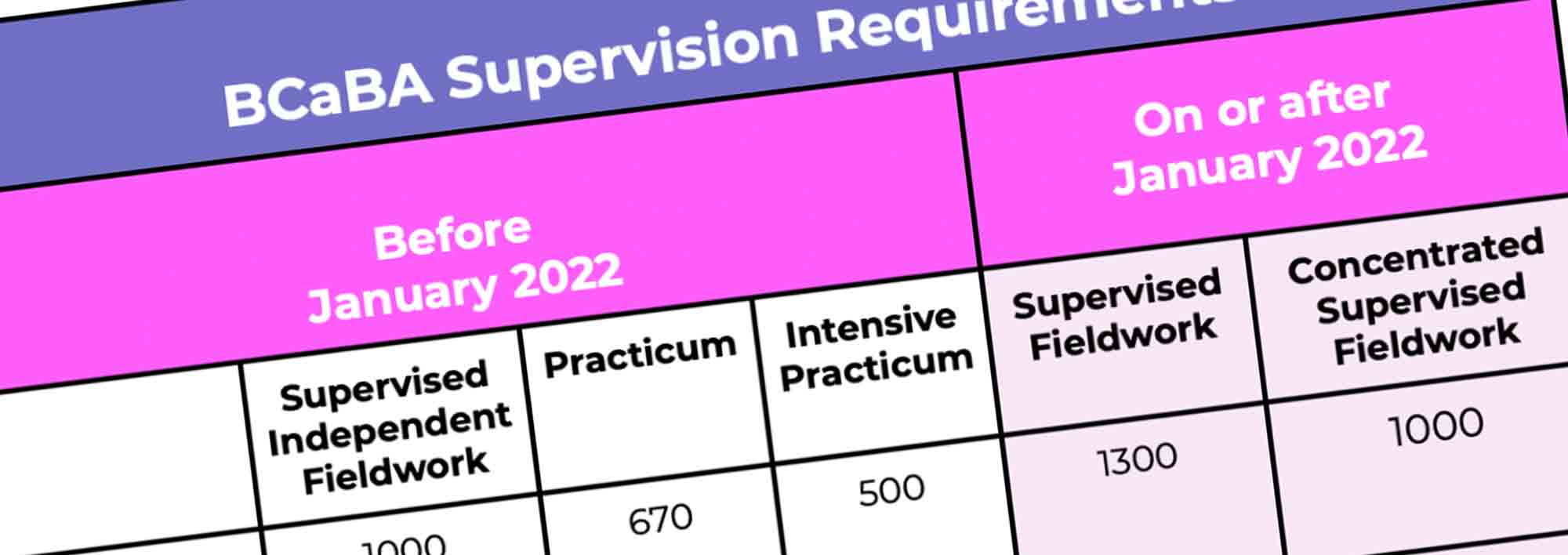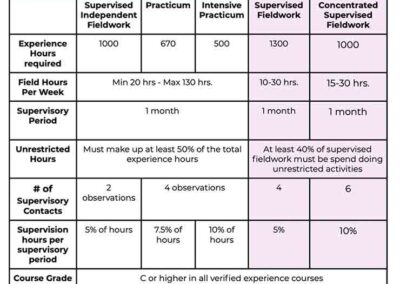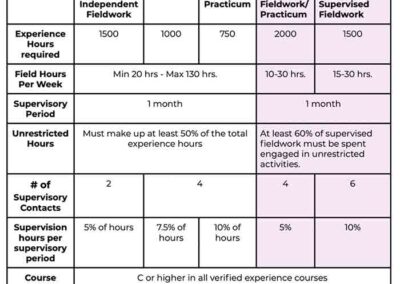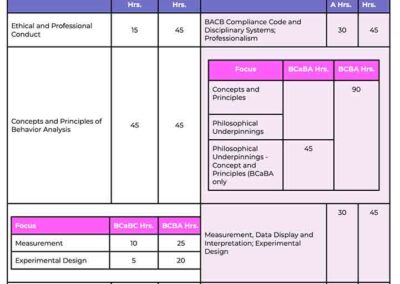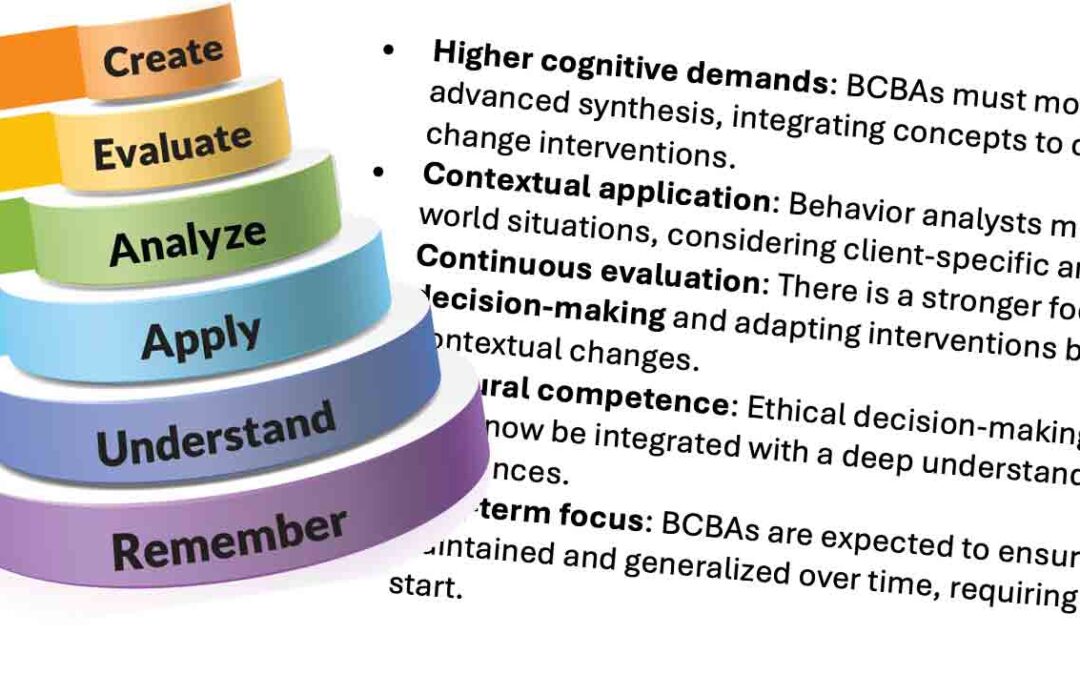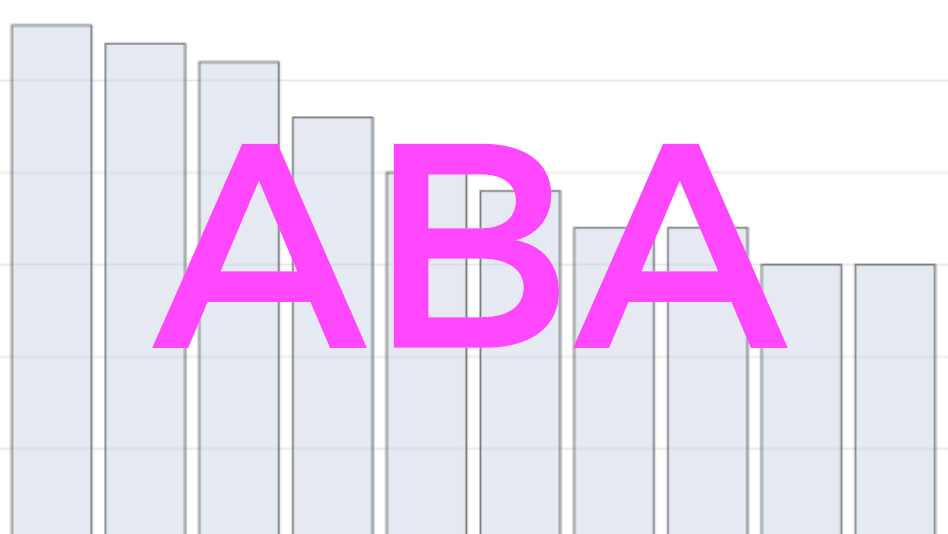When Do the 5th Edition Task List Requirements Start?
The BACB announced upcoming changes to the BCBA and the BCaBA certification requirements on January 1, 2017. Certification and supervision requirements for the BCBA and the BCaBA certifications went into effect January 1, 2022 with the 5th Edition Task List. All BCBA and BCaBA certifications obtained on or after January 1, 2022 are based on the 5th Edition Task List.
4th to 5th Edition Task List Changes

The BACB streamlined the structure of the 5th Edition Task list. An overview of the changes include:
- The 4th Edition Task List was comprised of 3 sections – the 5th Edition Task List was reduced to 2 sections
- The 4th Edition Task List was comprised of 11 subsections – the 5th Edition Task List was reduced to 9 subsections
- The 4th Edition Task List was comprised of 115 items – the 5th Edition Task List was reduced to 95 items.
- The 4th Edition Task List focused on remembering and understanding the concepts – the 5th Edition Task List was revised to focus on applying the concepts
- Redundant content was removed – Example: Verbal operants were covered in Section 1 and Section 3 of the 4th Edition Task List – the 5th Edition Task List verbal operants was moved into one subsection.
What are the changes from the 4th Edition Task List to the 5th Edition Task List? Are there changes in supervision requirements? Are there changes in the educational requirements? The following documents provide more detail on the changes from the 4th Edition Task List to the 5th Edition Task List.
For all certification information, please visit www.bacb.com.
